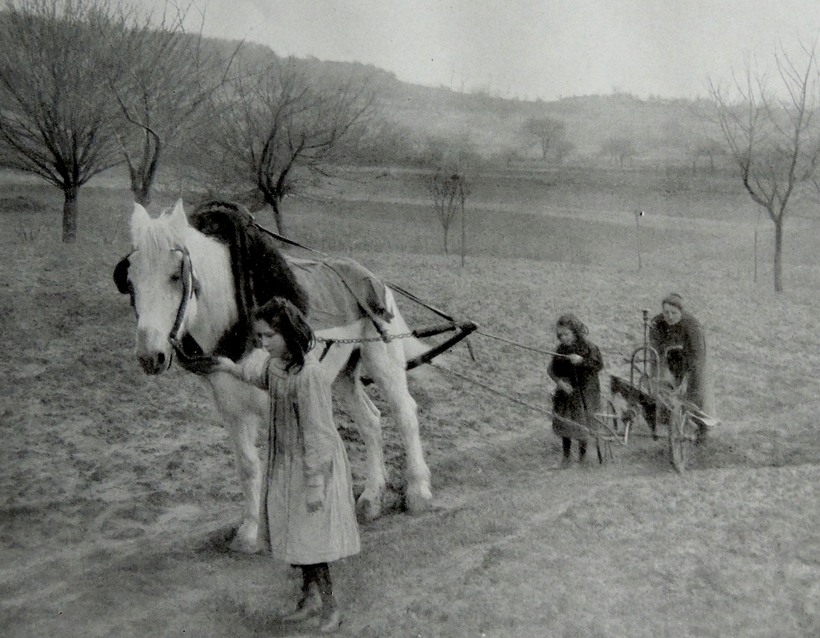Bleak is the word. If EM Cioran, the great Romanian philosopher of the bleak, had been a novelist, Animalia is the kind of novel he would have produced. Published by the courageous Fitzcarraldo, this won’t make it on to a list of beach reads. But it is likely to be hailed as a modern classic. You can’t have everything.
Jean-Baptiste Del Amo has published four novels in his native France. Animalia is the first to appear in English, in a translation by Frank Wynne, whose unenviable task it has been to take Del Amo’s original, Règne Animal, and to capture and convey something of its full throttle, bold, dark profundity. He has triumphantly succeeded: Animalia in English has a truly savage quality, all blood and stench and despair.
This won’t make it on to a list of beach reads. But it is likely to be hailed as a modern classic.
There is of course a strong and still thriving tradition of what one might think of as a literature of disgust in France, and male disgust in particular; disgust with the self and with others. Rabelais, Sartre, the Marquis de Sade, Bataille, Houellebecq: nauseated, heartsick, revolting men.
This is a book about war, violence, sickness and cruelty, and about the relationship between men, women, animals and the natural world. Just about everything in Animalia is stained, spoiled, violated, dirty and unpleasant—pick a page, any page, any scene, any person, anything. “She has shrivelled until she is not more than a sheath of bloodless skin stretched taut over knotty muscles and jagged bones…Faced with the wife’s determined silence, he finally decides to step inside, trailing his own stench and the stench of the animals as far as the box-bed, and pulls the door open…Jérôme scoops up a ladle of cold stock and greasy clots from the surface of a large stewpot on the gas stove, brings it to his lips and slurps.”
Consisting of just four long chapters—the accurately titled This Filthy Earth (1898-1914), Post Tenebras Lux (1914-1917), The Herd (1981) and The Collapse (1981)—Animalia follows the misfortunes of four generations of a peasant family, as they stagger through the 20th century in an unpicturesque village in rural France, raising and casually mistreating their animals and each other.
The one constant throughout this terrible saga is Éléonore, born into poverty and an unforgiving landscape: “By the time Éléonore is born, the black fields have hardened, it is cold enough to split the stones and the animals wander, lost souls, over the hostile moors in search of tufts of grass frozen by the wintry weather.” Éléonore’s life is bad enough, but her mother’s life is one of such utterly unremitting awfulness—her only significant role being to procreate—that Del Amo calls her “the genetrix,” rather than dignifying her with a name. If in Animalia the humans behave no better than animals, it is because basically we are animals.
There are occasional glimpses of hope—though they are almost always instantly snatched away. Éléonore falls in love with her cousin Marcel, who then goes to fight in the first world war. By the 1980s the family is somehow still in business—though their dirt-poor subsistence smallholding is now a truly appalling pig farm. (“Occasionally Joël wonders whether it was the piggery that made monsters of them, or their monstrousness that infected the farm.” It’s both.)
If the humans behave no better than animals, it is because basically we are animals.
At the end of the novel, Éléonore’s great-grandchildren, Jérôme and his sister Julie-Marie, offer hints of a brighter future, but the real emergent force is “The Beast,” an enormous boar who is horribly alive to the possibilities available to him outside his doomed existence on the farm. “Images come back to him, surfacing from atavistic memory: plains and forage fields, wallows built among the ferns, deep in primeval forests, wild rivers from whose swift currents he drinks.”
If at times the book seems to be drowning in its own despair, elsewhere the sentences soar with heavy wings, and so the reader becomes complicit, awakened to our own filthy needs and desires. The final pages are given over entirely to The Beast: “He clears away a corner and lies against a wall. He keeps one eye open, scanning the darkness.” Animalia is an important reminder that literature’s task is not necessarily to uplift, but to help us to attain a true understanding of our predicament. In the words of Cioran: “We live in the false as long as we have not suffered. But when we begin to suffer, we enter the truth only to regret the false.”
Ian Sansom is the author of the Mobile Library mystery series.

